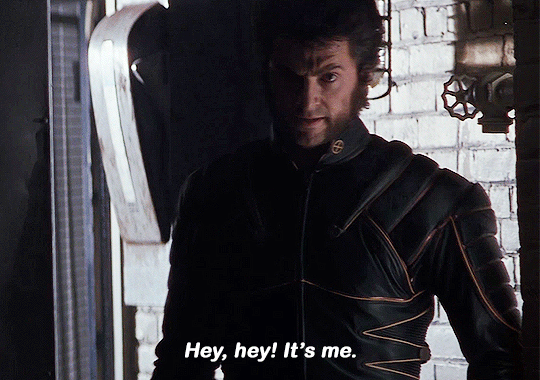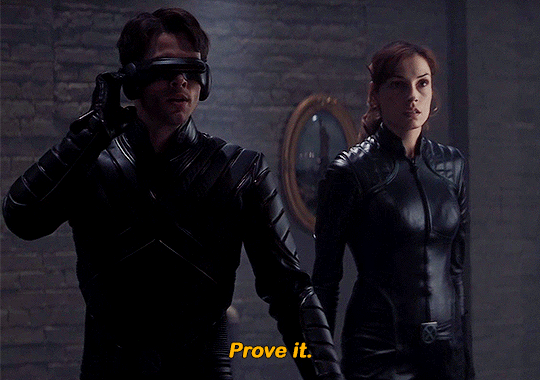Text

Ingrid Bergman
Notorious, Alfred Hitchcock 1946
#it's weird#i remember seeing this photo for the first time in 9th grade#before i saw the movie#but my english teacher was teaching us about hitchock#he was AWESOME#but someone had defaced the picture in the book and drew blood coming out of her mouth#rude#notorious
7 notes
·
View notes
Text

Barbra Streisand by Lawrence Schiller 1969
202 notes
·
View notes
Text
youtube
Happy 82nd Birthday Barbra!
3 notes
·
View notes
Text

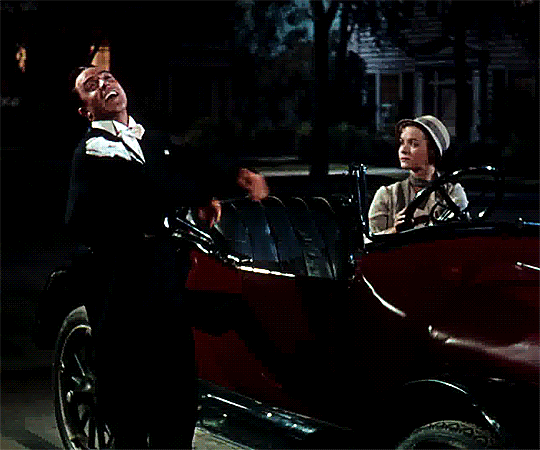
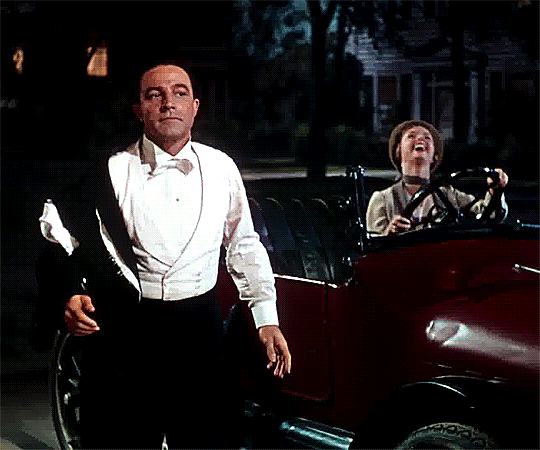
SINGIN' IN THE RAIN (dir. Gene Kelly, Stanley Donen; 1952)
232 notes
·
View notes
Text
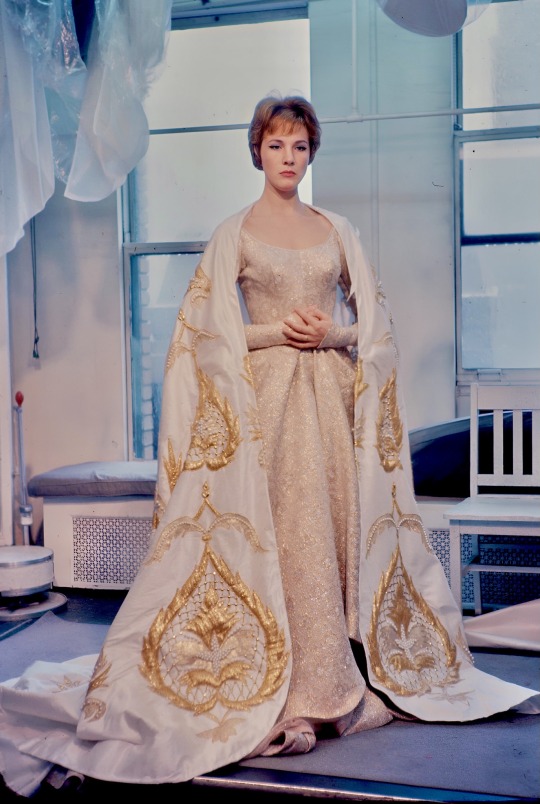
Julie Andrews during costume fittings for the original Broadway production of Camelot. New York - 1960.
855 notes
·
View notes
Photo

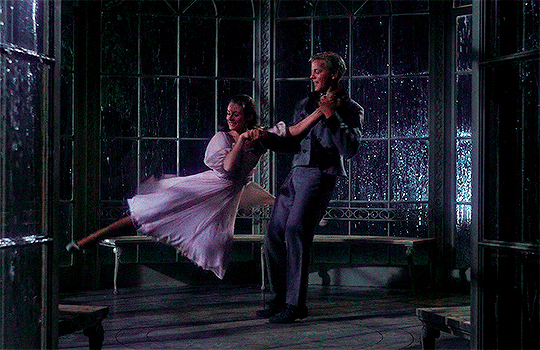
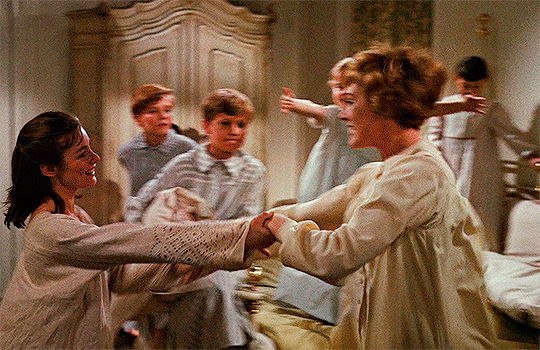
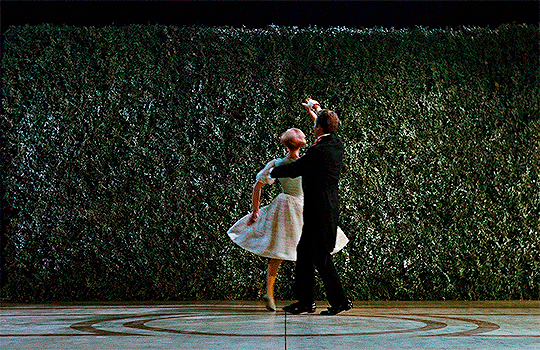
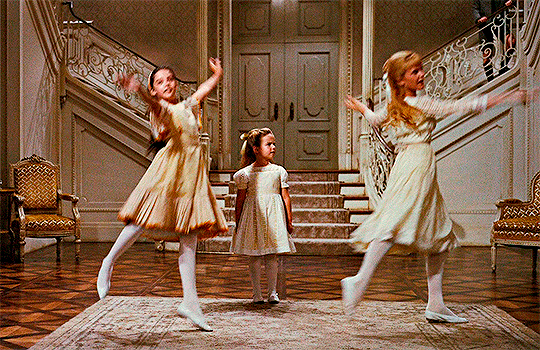
THE SOUND OF MUSIC (1965) dir. Robert Wise + dancing
for @serendipiatoyle 💕
5K notes
·
View notes
Text
I'm curious. what job would you do if money was no object (you just automatically had an income you could live comfortably on)? including work like volunteering, studying etc. please share in the tags :)
#acting#i'm still an actor but now that i work 40 hours a week i need to be more choosy about acting jobs unfortunately
19K notes
·
View notes
Note
Genuine question: why do so many people talk about Meg like she's vain? Like, how is wanting nice things and wanting to fit in 'vain'? I can understand people saying that about Amy, especially when she's a kid, but Meg is the sweetest of the four sisters next to Beth? And isn't vanity being too self-important? Am I missing something? (Sorry for all the questions, but I just do not understand)
I don't mind questions at all. Keep them coming :)
I have often wondered this myself. I wonder if it has something to do with Meg being more a feminine type of girl, and people attack her simply because she likes to be girlish and femininity is often connected with vanity. I don't know.
In the book, like you said Meg is not really a vain person. The whole Vanity Fair chapter, is really more about self-discovery and Meg's thinking about her own self-worth. These other rich girls, they treat her like she is a doll and they play dress-up games with her. In the end, Meg even said she could not recognise herself any more.
The 2019 film, completely missed the point in this (once again). Gerwig said that "Meg needs a day of from her miserable life". Meg in the book never thinks her life is terrible. Yes, she is poor, but in the end of the Vanity Fair chapter, it feels more like "I would not change my life for the lives of these girls. It is so hollow". If the person only watches 2019 film, and takes that narration, no wonder people think that Meg is a vain person.
I also think it is really hypocritical sometimes, the way Meg gets criticised, when she buys the silk for a dress. She was very poor and getting luxury items was pretty rare for her. That is not something a poor girl should be condemned. If we think about Laurie, he is written to be very dandy. A nice looking young man who likes to take care of his appearance. Jo even criticises how he buys expensive gloves and perfumes what not. Nobody, ever critices Laurie for that.
Total double standards.
Also, Laurie was a metro-sexual, before metro-sexuality was a thing.
24 notes
·
View notes
Text


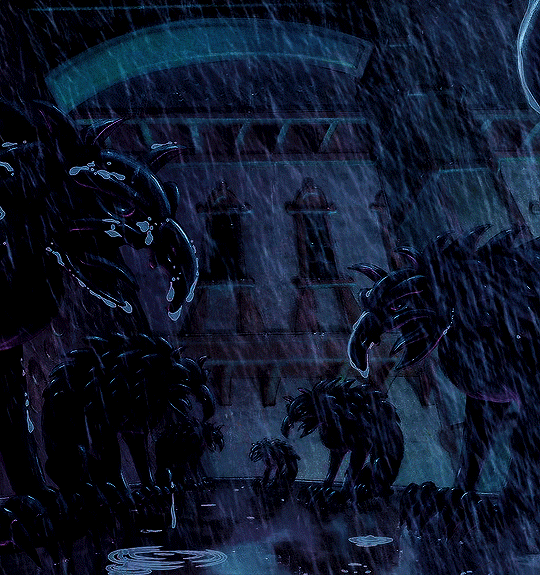

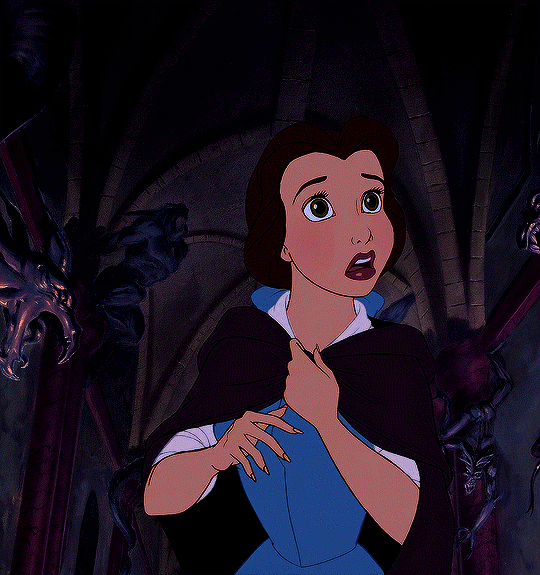
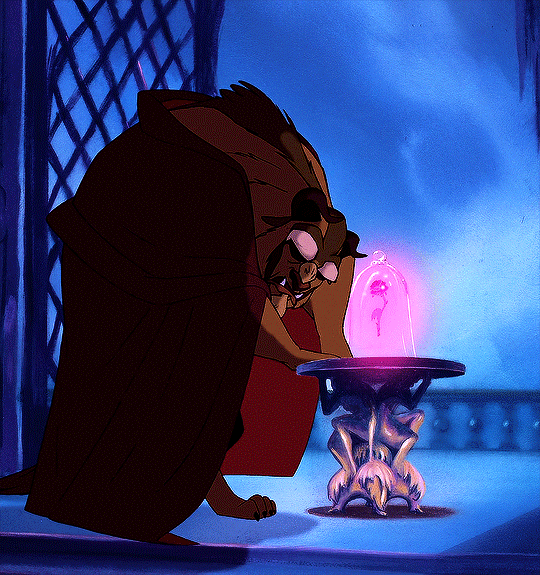
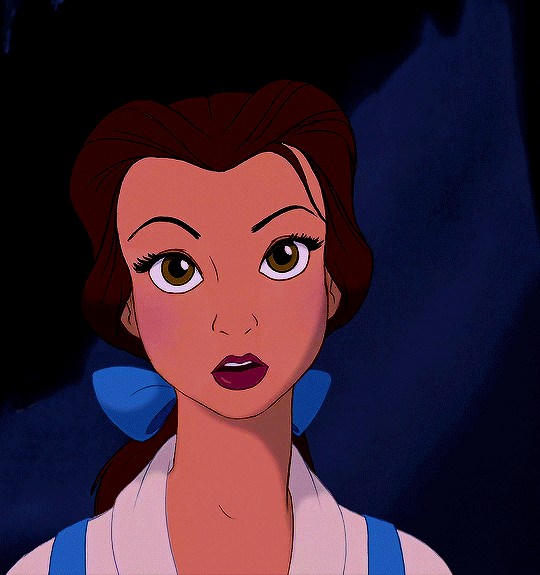

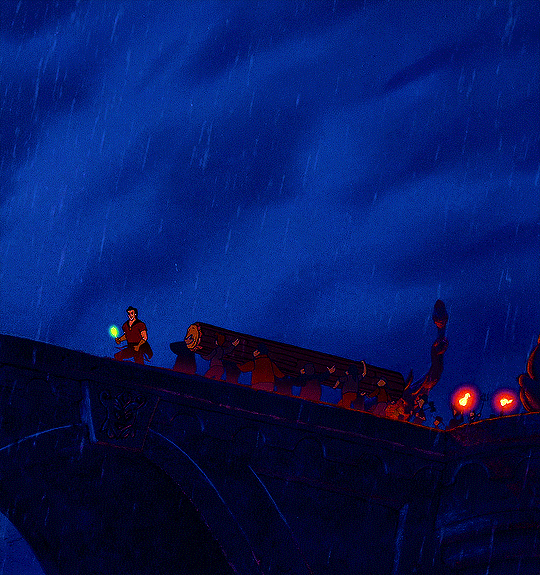
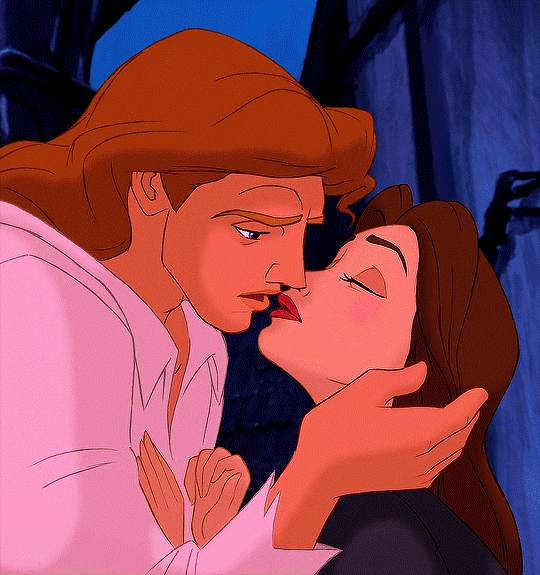
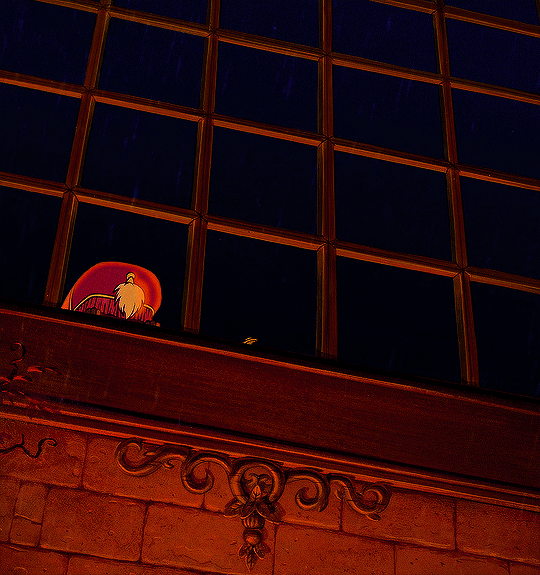
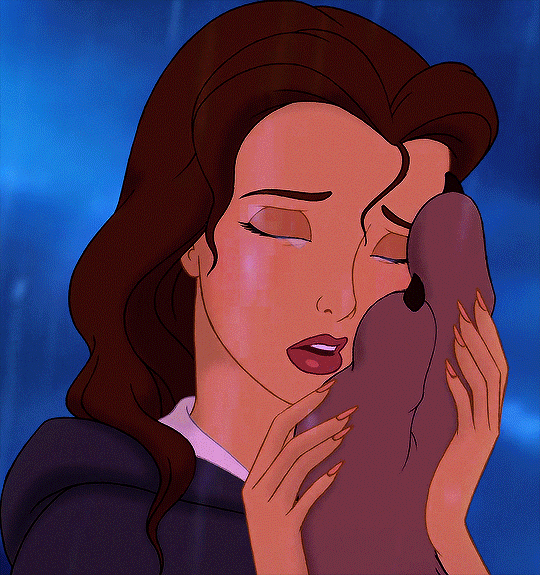
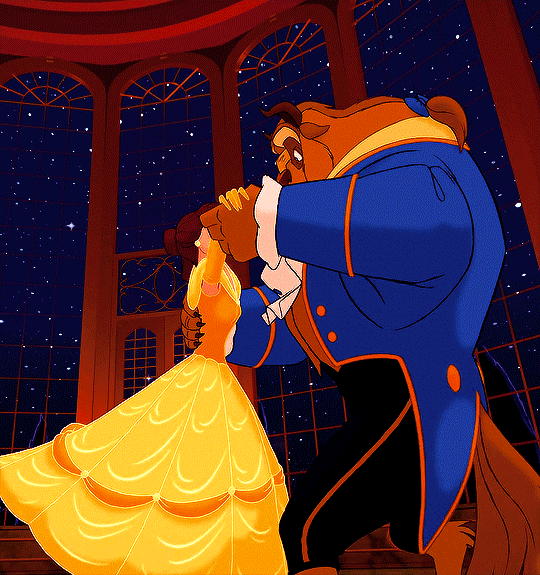

Beauty And The Beast (1991) Dir. Gary Trousdale And Kirk Wise
3K notes
·
View notes
Text

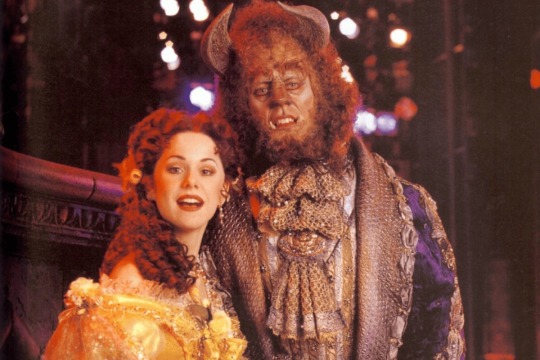
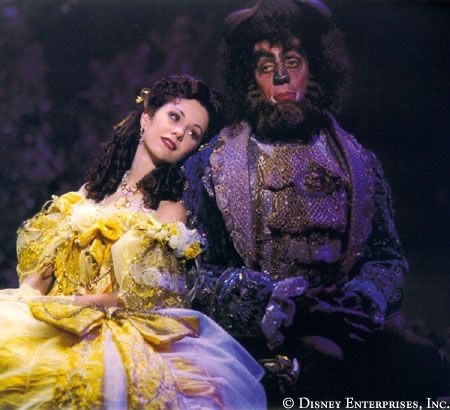
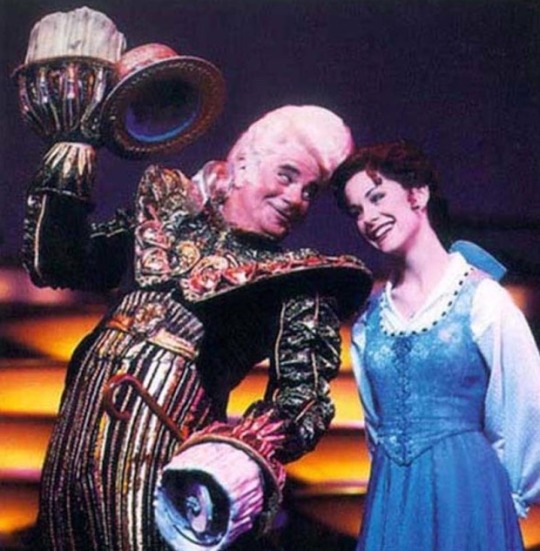
Happy 30th Anniversary to Beauty and The Beast opening on Broadway
34 notes
·
View notes
Photo

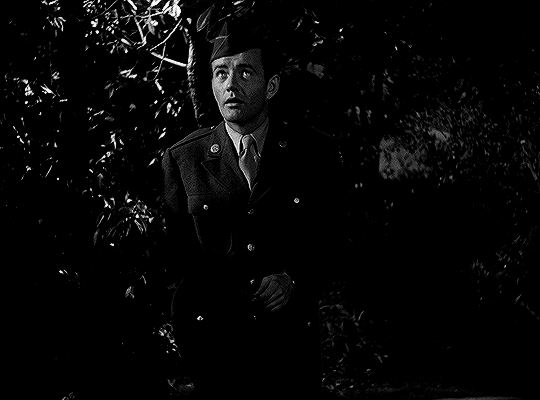

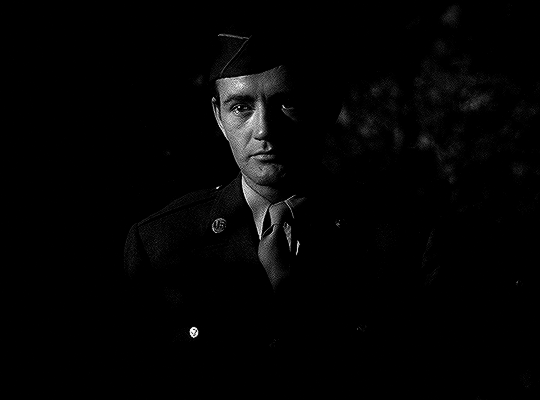
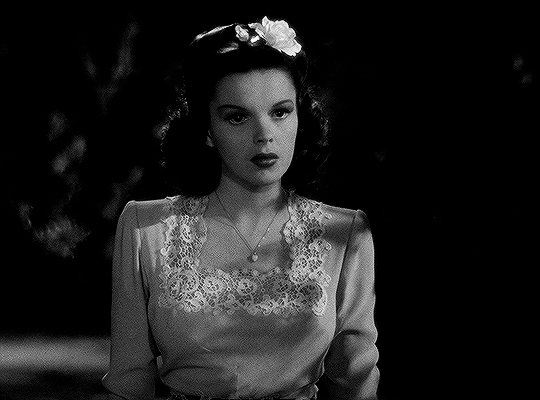

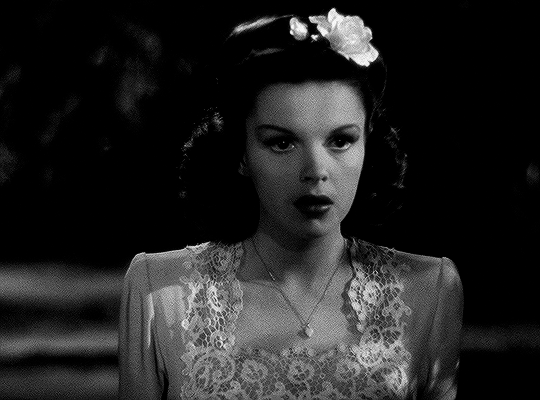


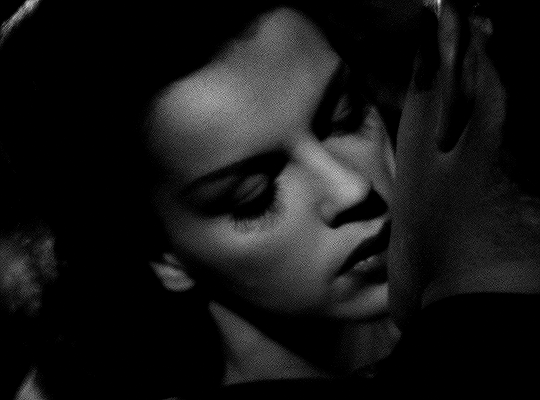
Judy Garland and Robert Walker in The Clock (1945) dir. Vincente Minnelli
258 notes
·
View notes
Photo
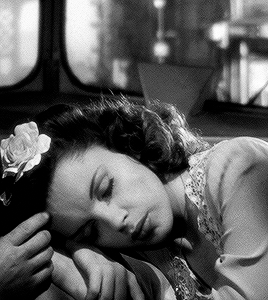
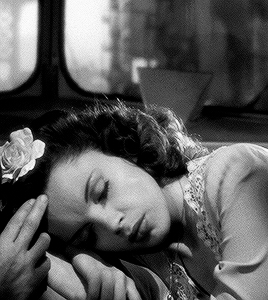

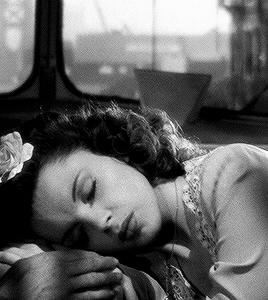
Judy Garland in The Clock (1945) dir. Vincente Minnelli
“Goodnight, baby.”
1K notes
·
View notes
Photo

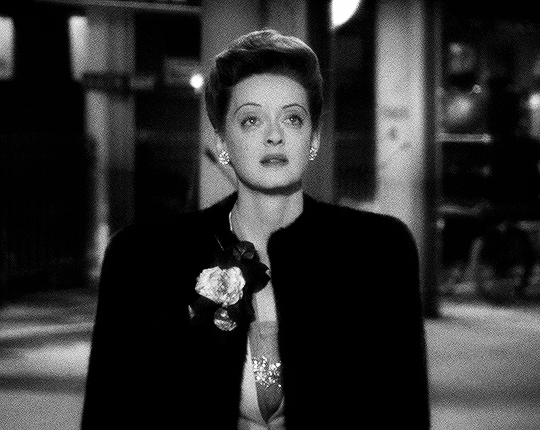

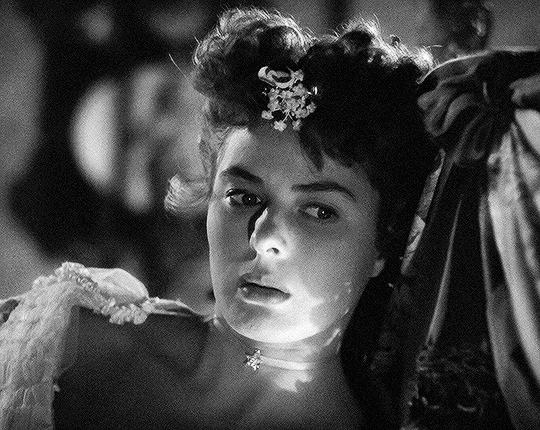





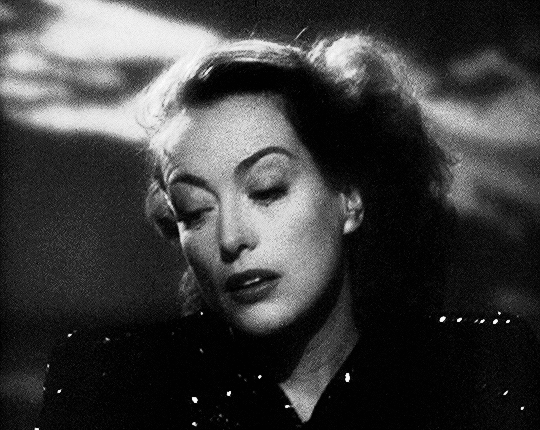
American Film Institute's Top Ten Female Screen Legends
Katharine Hepburn // Bette Davis // Audrey Hepburn // Ingrid Bergman // Greta Garbo // Marilyn Monroe // Elizabeth Taylor // Judy Garland // Marlene Dietrich // Joan Crawford
AFI defines an “American screen legend” as an actor or a team of actors with a significant screen presence in American feature-length films whose screen debut occurred in or before 1950, or whose screen debut occurred after 1950 but whose death has marked a completed body of work.
3K notes
·
View notes
Photo
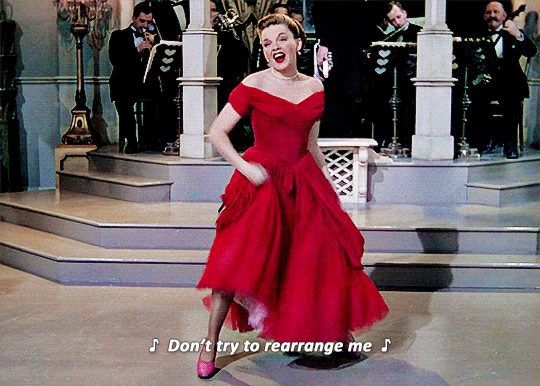
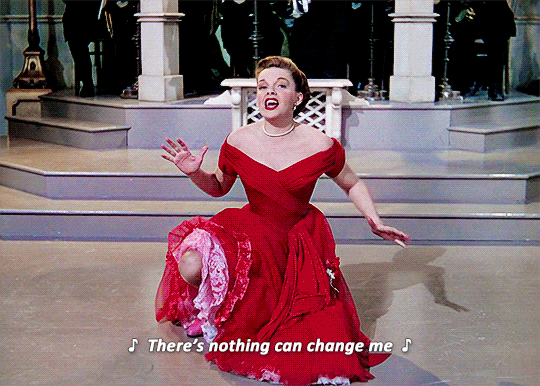
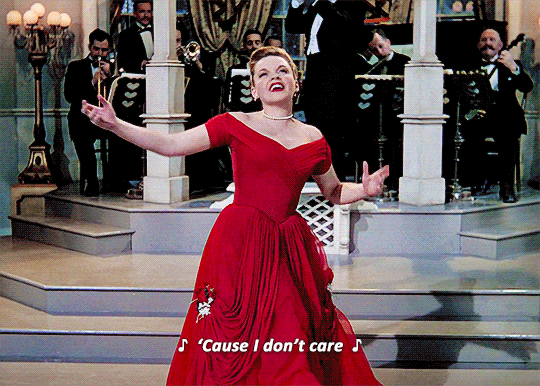
judy garland in in the good old summertime (1949)
1K notes
·
View notes

